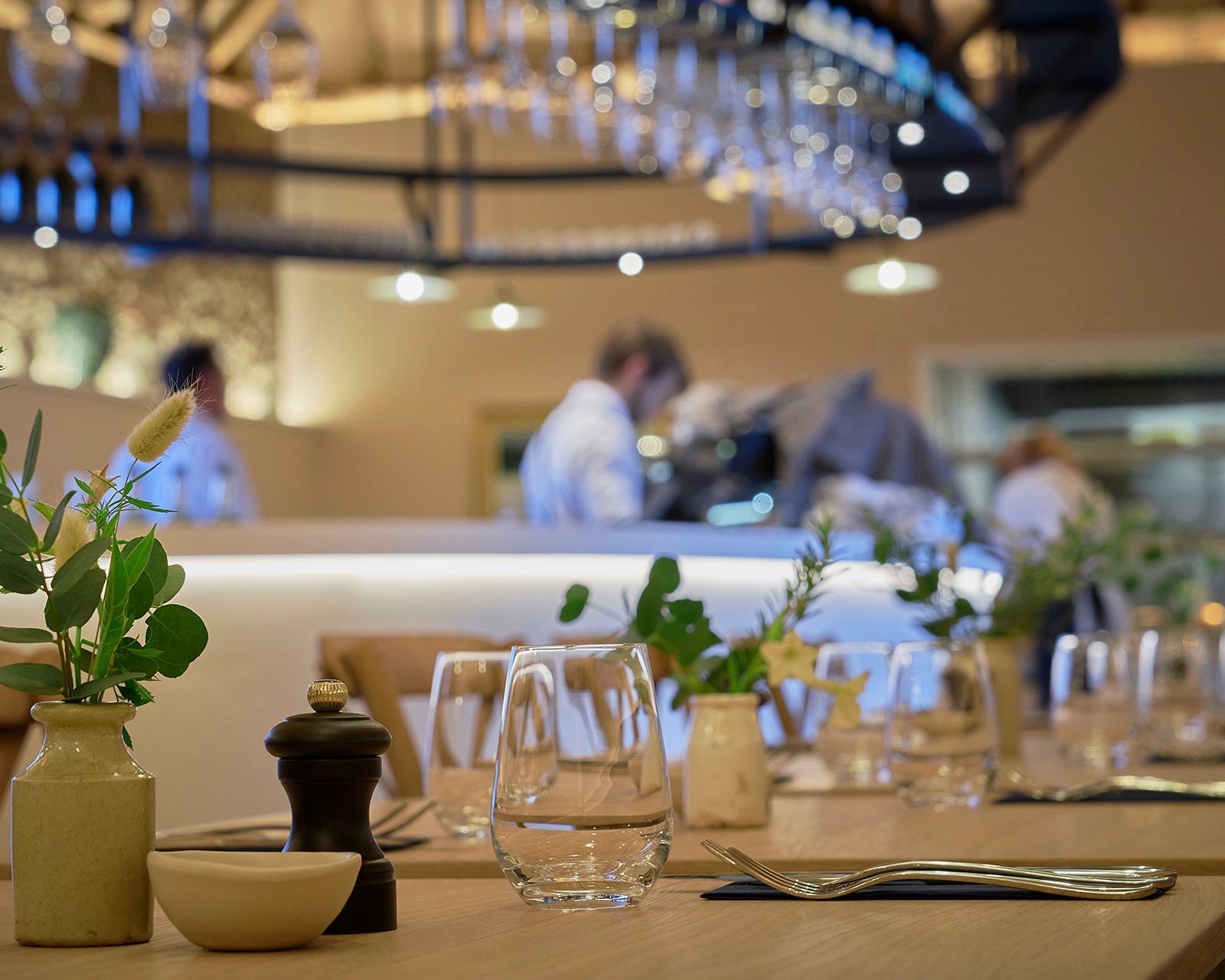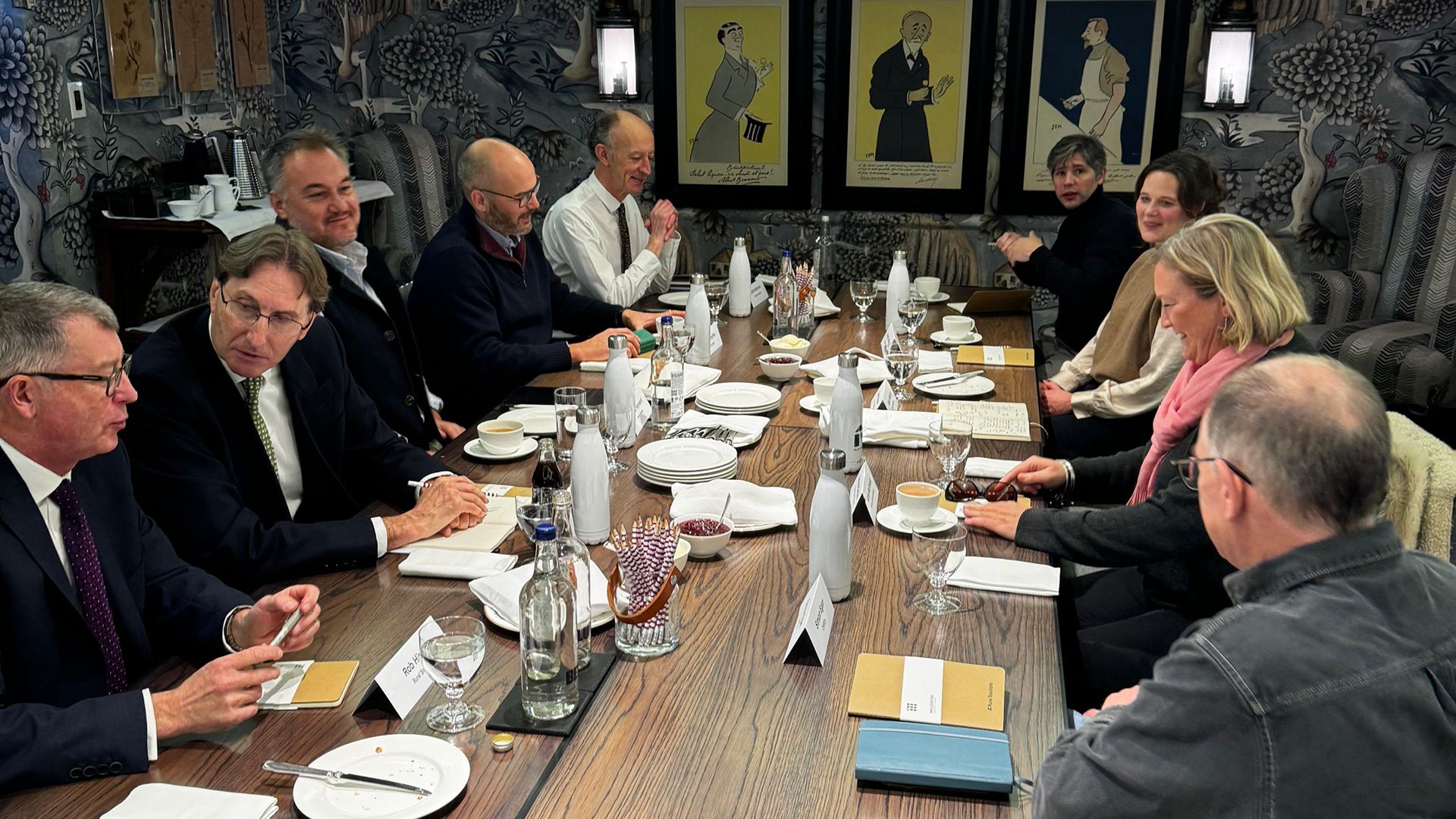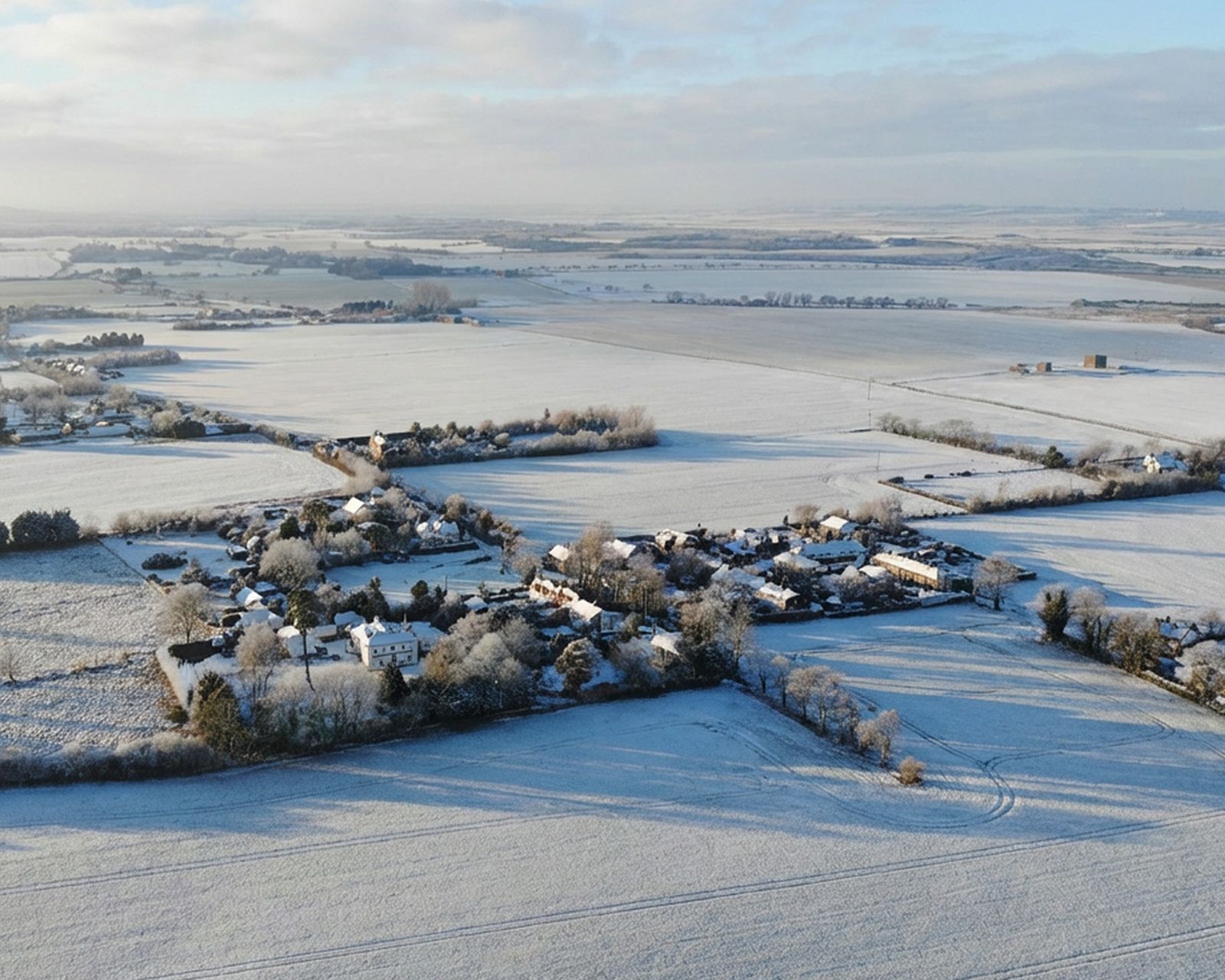Optimism and realism at our recent rural leisure roundtable
By Dawn Mercer | 14.12.23
Associate Director Dawn Mercer shares her thoughts following a recent rural roundtable with key players from the leisure sector.

Rural Solutions recently brought together key players in the leisure industry for an illuminating roundtable discussion at the Haymarket Hotel in London. Attendees from hospitality, attractions, holiday parks, hotels, glamping, touring and local government, enjoyed a rich dialogue.
"The next generation of rural enterprises are resilient and ahead of the curve in terms of adapting to the ever-changing consumer."
Driving influences in the industry
A common theme across all sectors, was the squeeze on consumer spending – felt most keenly among mid-market operators. The group was unanimous in its belief that opportunities exist for those who dare to be different, and to offer value, even in saturated markets.
Chairing the session, Rural Solutions’ Dawn Mercer, shared her philosophy around consumer decision-making being driven by four key influences – Ease, Excellence, Expense and Emotion, expanded by the room to include a fifth ‘E’ - Exclusivity. Understanding these drivers and how to make them use of them, is critical to taking leisure market share.

Ongoing concerns and opportunities
James Hayward of Hotel Makers and Emma Crabtree of Crabtree and Crabtree talked of how rising overheads pose an ongoing concern for established operators, with energy costs hurting bottom lines. While the grip is tightening on operating margins, this is forcing new entrants to work hard to include sustainable design solutions such as renewable energy from the outset to try to protect margins. Renewable energy sources also create opportunity to develop sites where grid connections and capacity are an issue, responding to the demand for isolated ‘off grid’ accommodation experiences.
Public green spaces
Broadening appeal and community creation were also topics of discussion. Case studies like Bournemouth Council’s installation of beachfront electric BBQs show how fostering inclusive social spaces drives loyalty across generations and encourages repeat visits, to aid business resilience. With this amongst several examples of urban areas investing in their urban parks and public green space, there was some debate around the re-emergence of urban places as a threat to less connected rural spaces where convenience and accessibility can trump landscape quality for day visitors.
Accessible transport and rural destinations
With that in mind, conversation moved to sustainable and accessible travel options which are likely to be a key area of focus for those in the most hard-to-reach areas – especially with a growing planning focus on these matters and constraints in the EV network.
In addition to operators exploring how to enable various transport options to encourage tourism visits, the creation of new rural regional destinations formed of clusters of complementary activities were discussed, such as Norfolk’s growing nature-based tourism offer appealing to the more environmentally conscious consumer. There is real benefit to be had where rural places seek to collaborate to enable multiple small independent entities to compete with long-established tourist areas.
New areas of development
Funding schemes such as DEFRA’s Landscape Recovery Fund is enabling an exciting new age of rural tourism to develop, connected to wider projects to create and maintain rich and diverse habitats and restore landscapes. For many landowners, this transition in land management opens opportunities for complementary visitor offers which enable engagement with these landscapes and education as to the natural process restoration underway, as well as creating new income streams.
In conclusion
While the rural leisure sector still faces many of its age-old challenges, there was real optimism in the room that solutions are emerging, and as ever, the rural world is innovating to ensure the next generation of rural enterprises are resilient and ahead of the curve in terms of adapting to the ever-changing consumer.
Stay informed
Find out more about our work in the leisure, tourism and recreation sector here. Stay in touch by following us on social media, subscribe to our newsletter or email us at info@ruralsolutions.co.uk
We are using cookies to give you the best experience on our website. You can find out more about which cookies we are using on our cookie policy.


